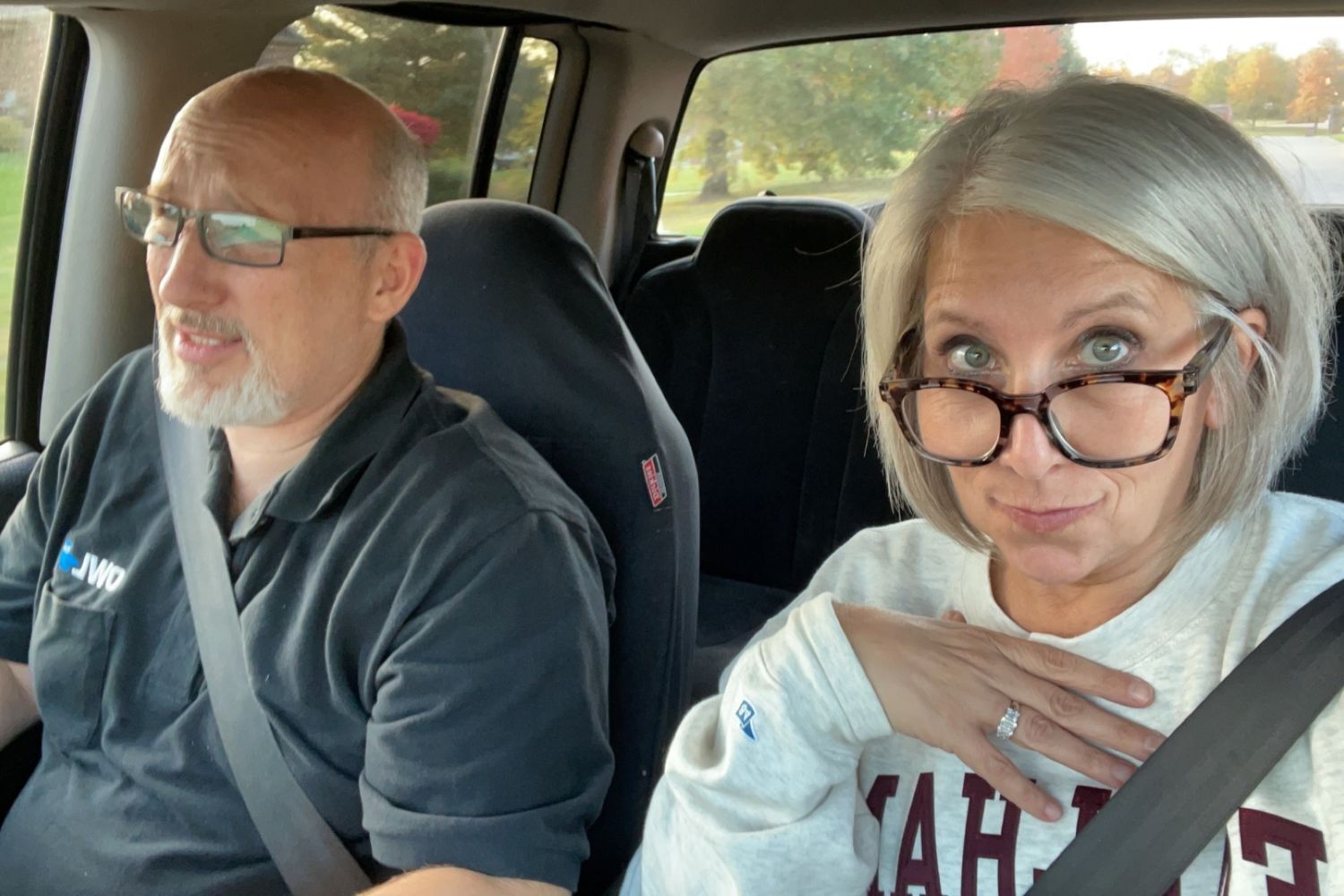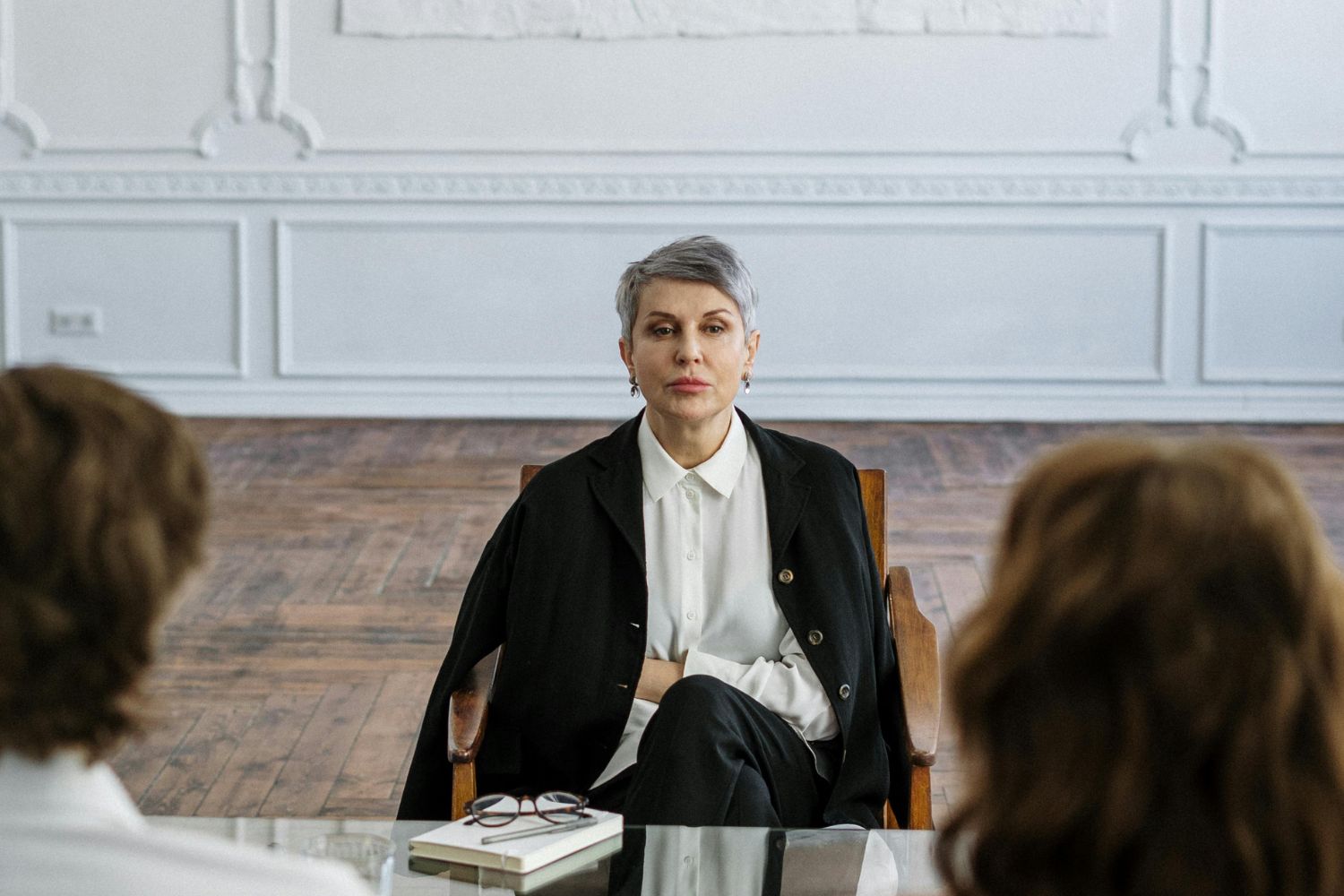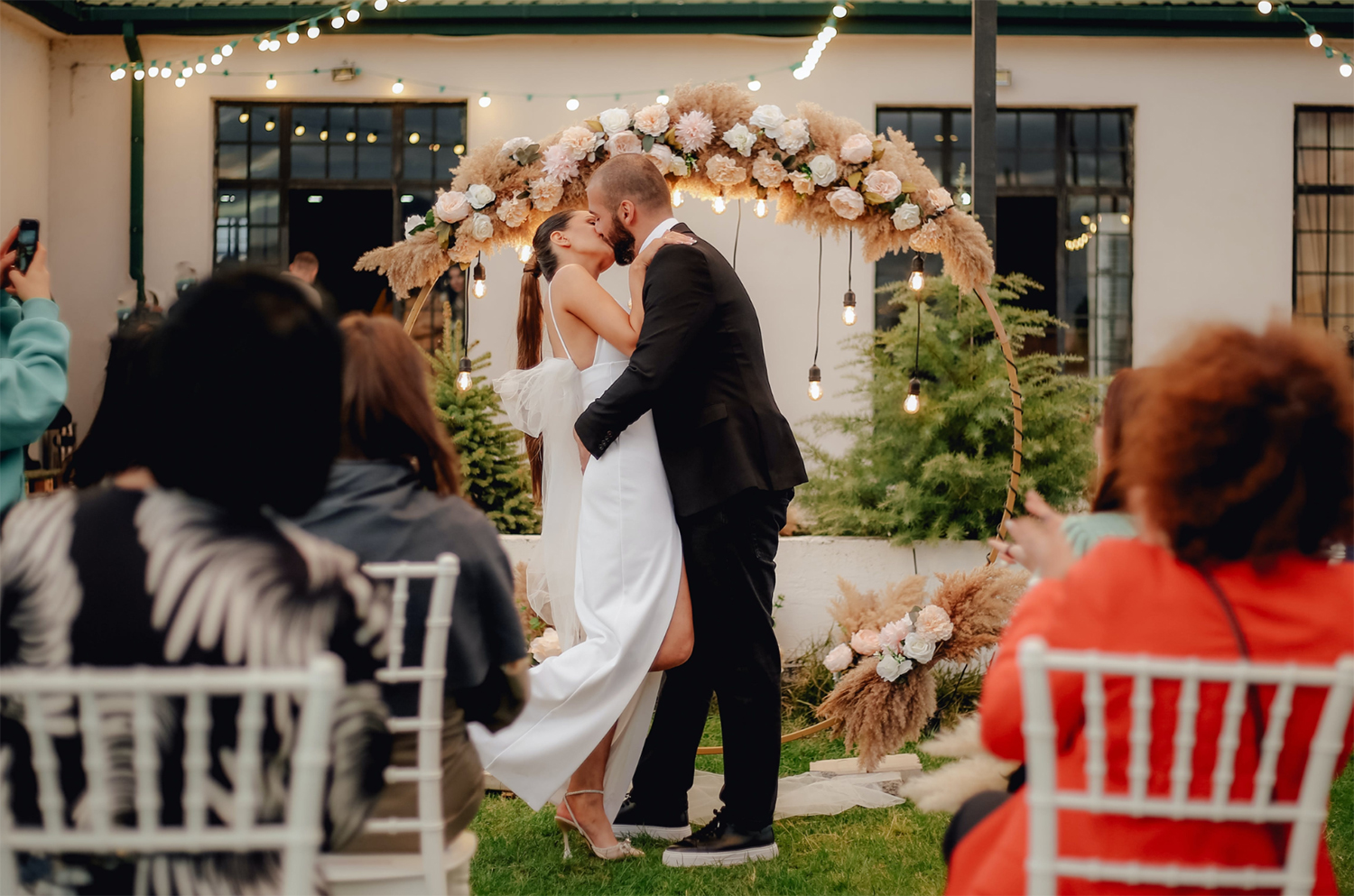
How to celebrate weddings when you know the vows don’t always last
I attend a lot of weddings — a wonderful gift and side effect of having a large and far-flung extended family, both biological and chosen, who either marry for the first or latest time themselves, or include me in their children’s wedding celebrations. I love participating in these opportunities to celebrate love and a new life together for the couples. At the same time, ceremonies celebrating love and commitment can stir up lots of conflicting feelings for people, like me, who are divorced.
I recently attended the wedding of a young woman I have known her entire life, along with my children, her lifelong friends. It was gorgeous and joy-filled, and left me feeling both hopeful and wistful.
Like the happy couple, I, too, married in my late 20s. Like most people who commit to another person in this way, I didn’t think I would be one of the almost fifty percent of marriages that end in divorce. My parents split up, and I vowed that my children would not have to deal with two households, step-siblings, or parents who no longer wanted to live together.
But my husband wanted a divorce after 25 years of being together. I take most of the responsibility for the split. My adult children and I do not to speak about their father. While my ego wants to explain what happened between their father and me, I choose not to burden my children with any negative feelings I have about our divorce.
At this recent wedding, the couple recited vows about always loving and caring for one another. They were earnest, I am sure. Sometimes life gets in the way, though. Loving someone is a daily choice, and an active one. It needs attention and nurturing, and it can grow weak with complacency.
It was only time, support, creating a new life and gratitude for the things the marriage brought me, like my daughter and stepchildren, that helped me get past these feelings.
Marjorie DiLima of Kensington, Maryland, shares that when she attended a wedding four months after her husband left, she felt so raw. Weddings triggered immense pain for her, and she felt disdain for the empty vows made to her at her own wedding.
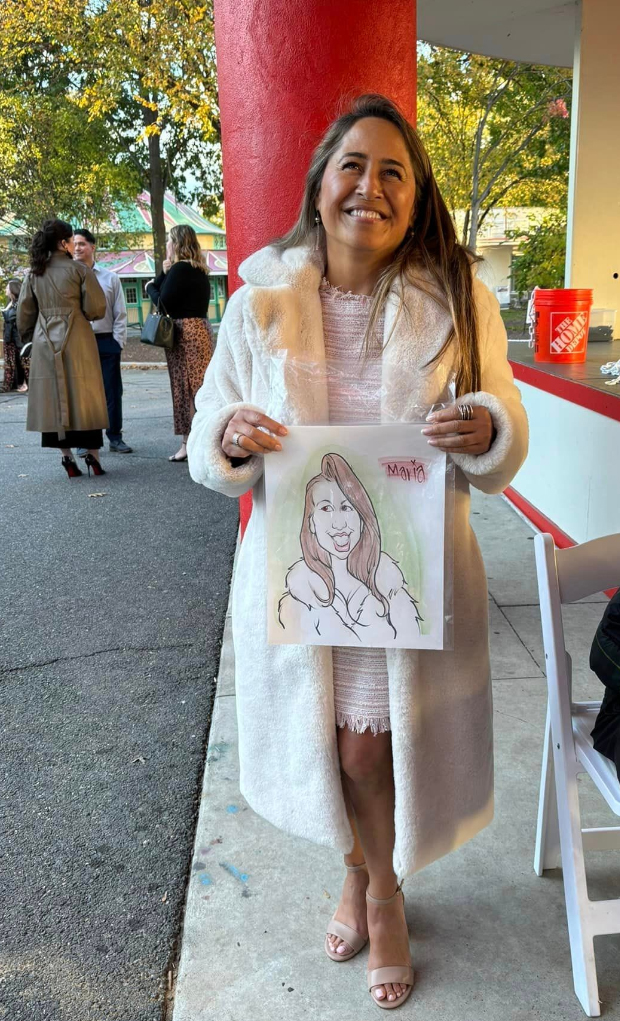
“It was only time, support, creating a new life and gratitude for the things the marriage brought me, like my daughter and stepchildren, that helped me get past these feelings,” DiLima says.
Christine Mosher, a psychotherapist and life coach in Buzzards Bay, Massachusetts, still finds it difficult years after her divorce to attend weddings and hear about long-term successful marriages. She counsels people, however, “to acknowledge your feelings of grief and loss, allow yourself to feel sad about the end of your marriage, and try to remember that everyone’s marriage is different.
Is it realistic to believe that couples will stay together for half centuries or more in today’s world?
I want to believe that is true. I am not the person I was when I married at 27 years old. Few people remain the same decades later.
I realize now that a couple must grow together, or they will grow apart. They must allow each other room to explore their passions and find their authenticity, of course, and they don’t need to be joined at the hip for all endeavors. In fact, it is healthy to have some separate interests and activities.
Wedding traditions, specifically the exchange of vows, can be where the grief sits. Those promises carry lots of hope and expectation.
The long grief of separation and divorce
I did not anticipate the long tentacles of grief I would experience following my divorce, which continue to emerge a decade later.
Coping with the grief of divorce can be long lasting and difficult, explains therapist Dr. Anita Gadhia-Smith of practicaltherapy.net in Washington, D.C.
“While everyone enters into marriage, hoping it will last, not all do,” she observes. “Some people are in our lives for a reason, some for a season, and some for a lifetime. If a marriage has ended, it is best to process your own issues around what happened in the marriage and its ending, and to take the teaching in order to move forward into new possibilities.”
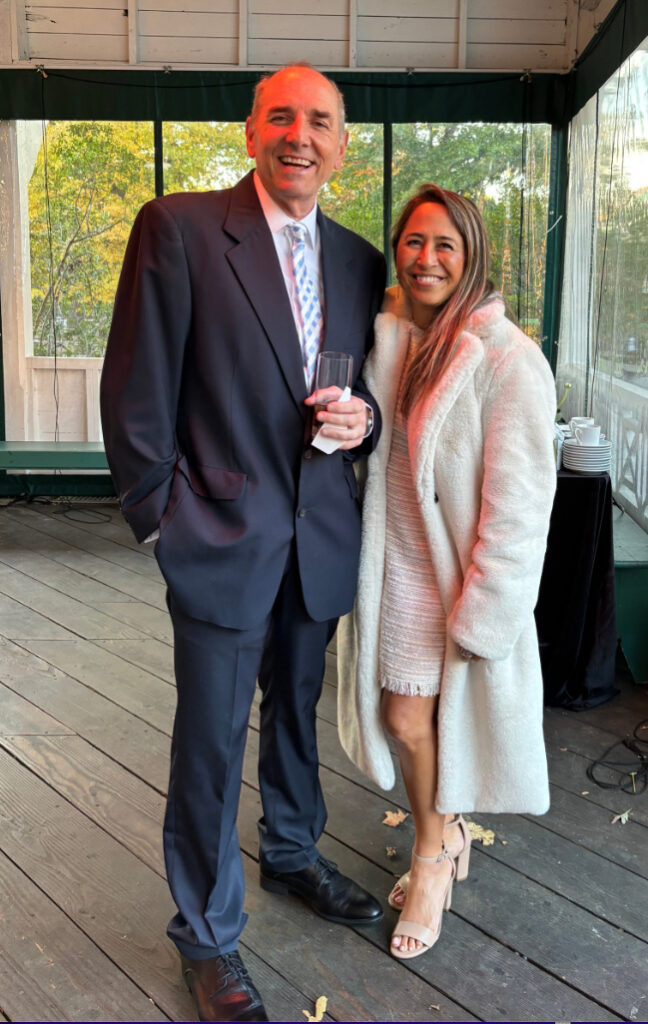
Life coach Emily Clement of Laconia, New Hampshire, notes that “wedding traditions, specifically the exchange of vows, can be where the grief sits. Those promises carry lots of hope and expectation.” She advises that people try to avoid comparisons and to trade expectations for appreciation.
“We are not all dealing with the same circumstances, so we can’t compare ourselves to others,” Mosher adds.
I definitely appreciate the good that came out of my marriage. I have two amazing children who bring much happiness to my life, and many of my years of partnership with my ex-husband were wonderful.
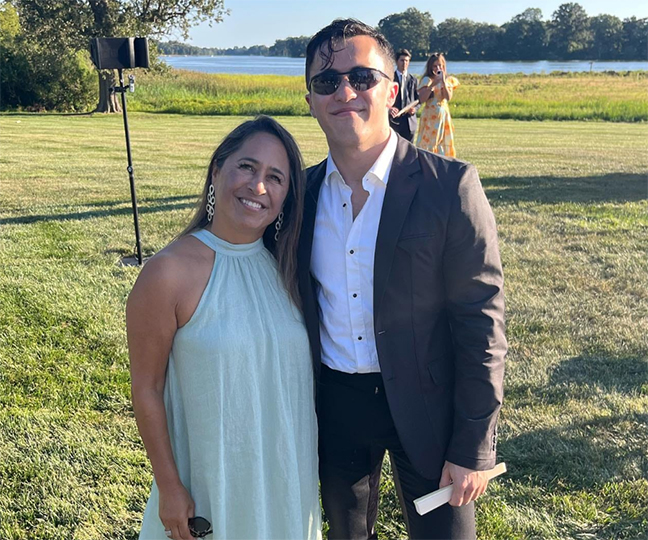
I noticed that the couple’s vows at the last few weddings I attended left out the “as long as we both shall live” phrasing that was typical when I got married. They promised to love each other always. Maybe modern vows are a tacit acknowledgement of our current society’s typical marriage longevity norms. I will always love my ex-husband, but not in the way I did when we were together.
Most of us want to be loved, but we are not as interested in learning how to love. Learning how to love is probably the key ingredient in a lasting marriage, as there are always going to be peaks and valleys, frustrations and disappointments, and difficult emotions to manage.
— Dr. Anita Gadhia-Smith
Moving on, with realistic hope
I yearned to discuss the wedding vows with my children, or the toasts about how the couple’s parents and grandparents had been married for decades, but know from past experience that they would not desire to have this conversation with me. I fear that they are hesitant to get married, in part because they witnessed the demise of their parents’ marriage, but am trying to let those thoughts go, as whether they marry is out of my control.
I have been with my post-divorce significant other for the past ten years. We each have our own houses, but spend a great deal of time together. I am unlikely to marry again, because I believe that if it is easy to walk away that we each will try harder to be good to one another. I believe he is not interested in remarrying because his divorce was so painful.
I remain aware that successful partnership takes work.
“Most of us want to be loved, but we are not as interested in learning how to love,” says Dr. Gadhia-Smith. “Learning how to love is probably the key ingredient in a lasting marriage, as there are always going to be peaks and valleys, frustrations and disappointments, and difficult emotions to manage. By working on our own spiritual condition, we can become the best version of ourselves and increase our chances of having a long, loving, and lasting marriage.”
I hope the newlyweds in my circle can manage better than I did.
Originally published on The Midst Substack.

